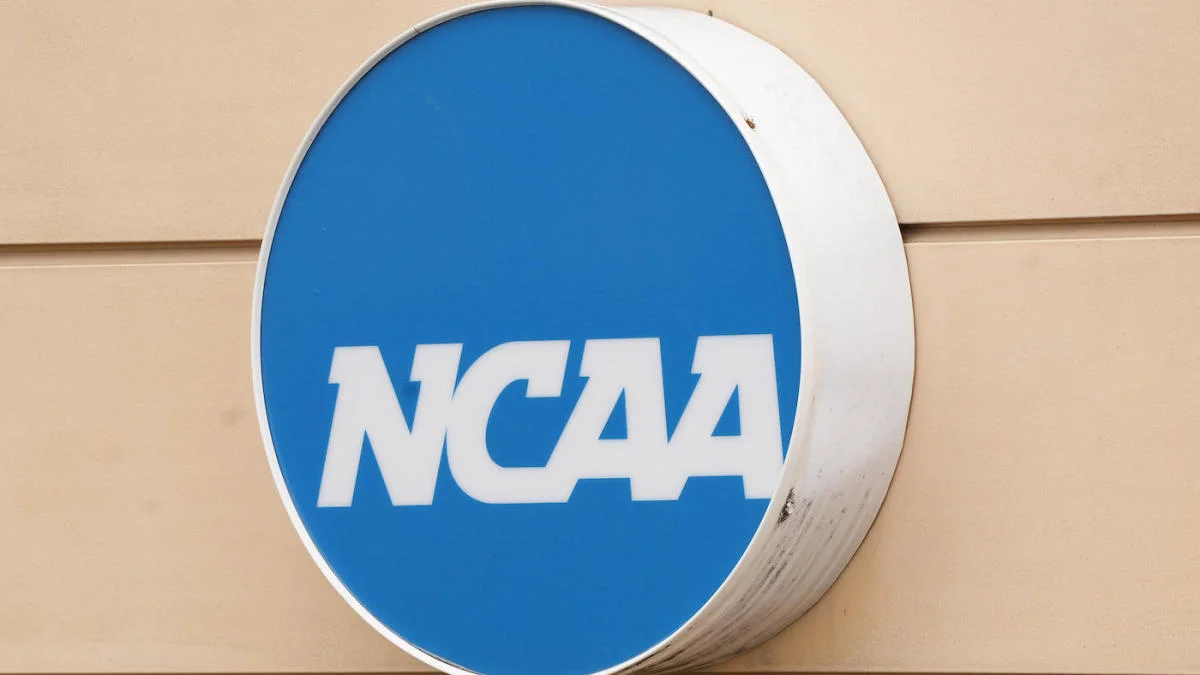The NCAA Division I council has made a landmark decision to remove cannabis products from the banned drug list for championships and postseason participation in football. This move, approved on Tuesday, is part of broader changes aimed at modernizing policies related to student-athlete welfare.
Cannabis Policy Overhaul
This decision marks a significant shift in the NCAA’s approach to student-athlete health. Historically, cannabis was classified alongside performance-enhancing drugs, leading to suspensions for positive tests. However, recent changes reflect an understanding that cannabis does not provide a competitive advantage. Illinois athletic director Josh Whitman stated, “Cannabis products do not provide a competitive advantage. The council’s focus is on policies centered on student-athlete health and well-being rather than punishment for cannabis use.”
Athletes currently serving penalties for cannabis use will have those penalties discontinued, reducing stigma and encouraging open discussions about health and wellness.
Expanded Coaching Opportunities
The NCAA Council has expanded coaching staff rules to include all staffers, not just the head coach and 10 assistants, in on-field coaching. This change aims to enhance athlete support by allowing analysts and quality control staffers to participate directly in training. According to Illinois athletic director Josh Whitman, this move will provide student-athletes with more resources to maximize their on-field potential.
Read Also:
- After 420 Days in Shelter, Midwest Dog Finds Forever Home
- DeSantis’ Controversial Legislation in Wake of Southwest Florida Bear Sightings
Implications and Future Outlook
These changes reflect the NCAA’s commitment to better support student-athletes. By removing cannabis from the banned substances list and expanding on-field coaching staff, the NCAA is fostering an environment where athletes can thrive both on and off the field. The collegiate sports community will be closely monitoring the impact of these new policies on athlete performance and well-being.





